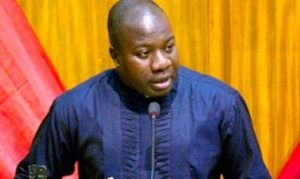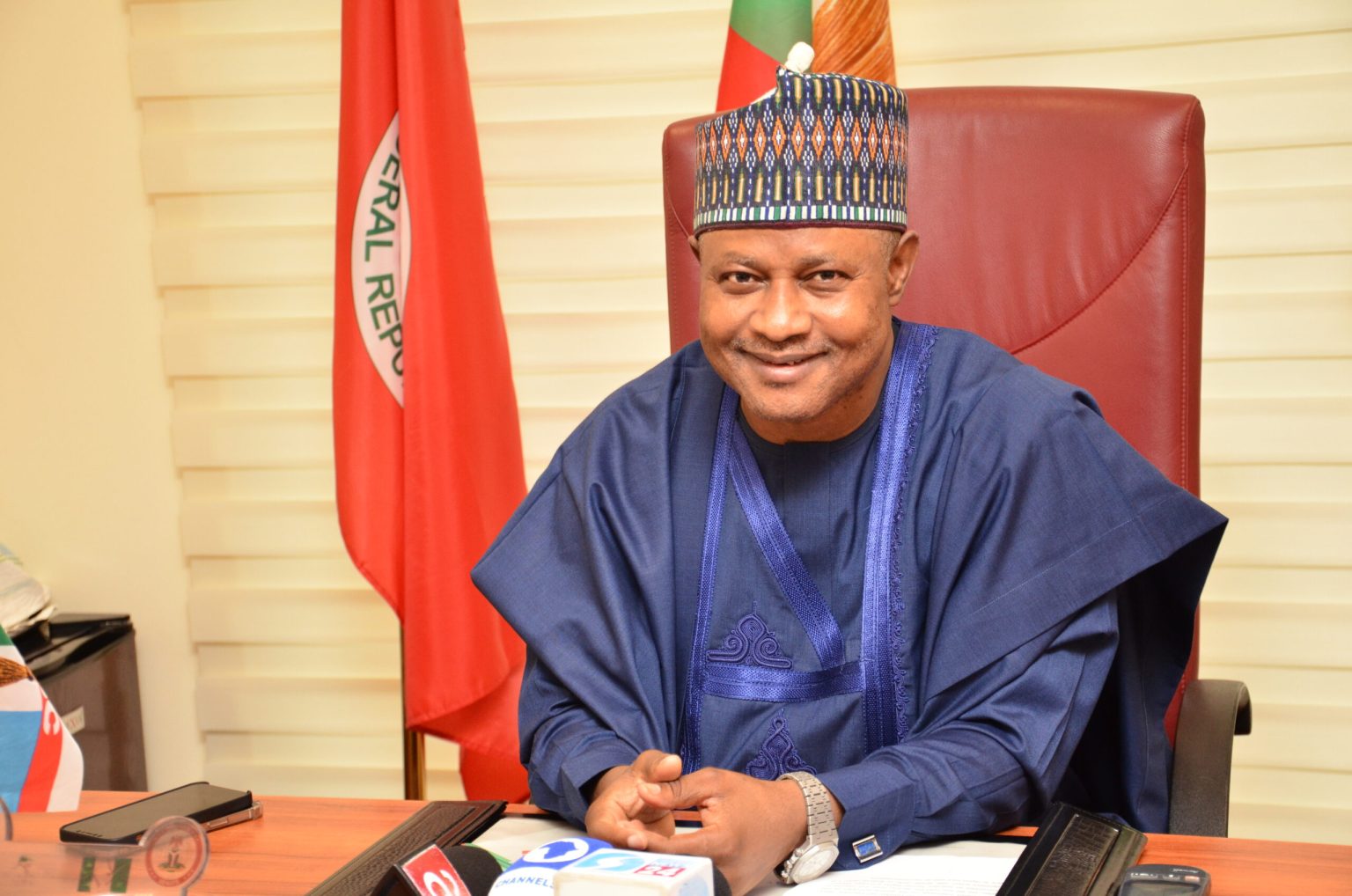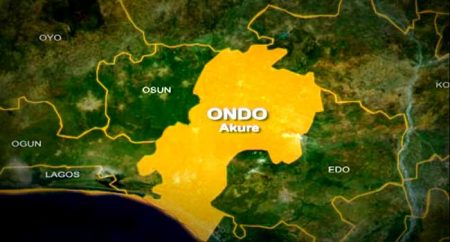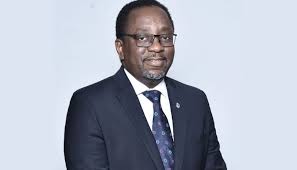In a recent address at the ninth convocation ceremony of the Federal University, Dutsinma in Katsina State, Kaduna State Governor Senator Uba Sani expressed concerns about the role of Nigeria’s institutions of higher learning in nurturing extremist ideologies and criminal activities. The governor, represented by Prof. Muhammad Bello, the Commissioner for Education, highlighted that economic factors such as widespread unemployment, poverty, and a scarcity of opportunities for youth contribute significantly to the susceptibility of students to radicalization. This alarming trend, he noted, poses a considerable threat to national security and the overall safety of educational environments.
The governor referenced a disturbing incident involving a student at the Federal University, Dutsinma, who was apprehended by law enforcement while carrying ammunition intended for unlawful purposes. This case exemplifies the growing risk of students becoming involved in violence, radical ideologies, and other illegal activities. Such incidents underscore the urgent need for enhanced security measures and proactive strategies to mitigate radical influences on campus. With rising concerns, it remains essential for educational authorities to recognize that the current socioeconomic conditions are direct contributors to this issue.
Further compounding the problem, Governor Sani identified the inadequacies of existing infrastructure and security measures within tertiary institutions. Poorly equipped campuses, including a lack of advanced technology and insufficient security frameworks, have rendered these educational spaces vulnerable to attacks from terrorists and kidnappers. As these criminal elements exploit the weaknesses in safety protocols, academic institutions become easy targets, further endangering students and faculty alike. The lack of a secure environment hampers both academic growth and the peace necessary for educational success.
The impact of insurgency and terrorism, while more pronounced in Nigeria’s North-East due to groups such as Boko Haram and the Islamic State West Africa Province (ISWAP), has broader implications across the nation. The destabilization of the North-East region has resulted in significant displacement and societal turmoil, negatively affecting the education sector. Thousands of educational institutions have been destroyed, leading to a crisis in access to quality education. As a result, students are left with fewer options, increasing the allure of extremist ideologies as alternatives.
In addition to the immediate threats to safety and security, Uba Sani raised concerns about the long-term effects of insecurity on Nigeria’s academic landscape. Heightened fears surrounding personal safety have prompted many highly qualified academics to leave the country or withdraw from teaching positions altogether. At the Federal University, Dutsinma, the governor pointed out that several senior professors had resigned due to the high-risk environment, opting to relocate to safer regions or pursue opportunities abroad. This brain drain not only diminishes the quality of education but also stunts the development potential of the country.
Ultimately, the challenges facing institutions of higher learning in Nigeria necessitate urgent attention from all stakeholders involved in the education sector. Governor Sani’s remarks highlight the need for innovative, comprehensive strategies to fortify security on campuses and address the root causes of radicalization among students. By improving the educational environment and mitigating socioeconomic challenges, it is possible to dismantle the avenues through which extremist ideologies gain traction. Addressing these systemic issues is crucial for safeguarding the future of Nigeria’s youth and ensuring that higher education remains a pathway to opportunity rather than a recruitment ground for crime.














